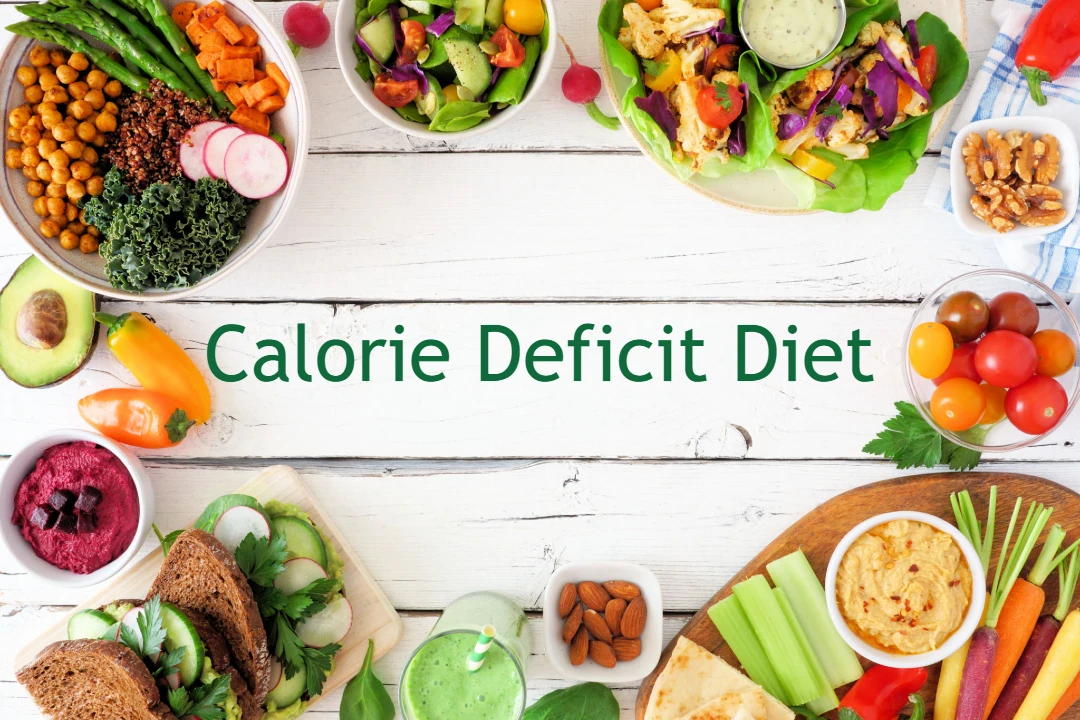When you consume fewer calories than you expend, you generate a calorie deficit. Because a calorie is a measure of heat or energy, this is also sometimes referred to as an energy deficit. Whatever the nomenclature, reducing weight requires a calorie deficit diet, asserts Mr Yash Birla.
Yash Birla, a heavy-weight industrialist, says that following a calorie deficit diet is the most effective way to lose weight.
Nevertheless, it should be emphasized that not all nutritionists and academics concur that losing extra weight can be accomplished by simply reducing the number of calories consumed each day. A calorie deficit diet and how to maintain reasonable weight reduction goals when cutting back on your intake are explained below.
-
What Is a Calorie Deficit?
If you consume fewer calories than your body requires to carry out all of its essential tasks, you are in a calorie deficit. You have a deficit of 200 calories, for instance, if you burnt 2,000 calories today but only consumed 1,800.
Your body uses fat reserves as energy or fuel when there is a calorie shortfall. This time, fat has been stored as energy. Instead of consuming energy from eating, your body can use it to continue moving. You lose weight when your body uses fat as fuel.
-
Creating a Calorie Deficit for Weight Loss
There are varying views on calorie deficits and their role in promoting healthy and long-lasting weight loss.
You may have personally seen these impacts if you’ve attempted to lose weight by decreasing calories. Many critics of this philosophy contend that weight loss is more complicated than simply producing a certain calorie deficit.
Your body has several defences against weight loss when you cut calories. You may become less active even though you are unaware of it as your metabolism slows down, hormone levels alter, hunger pangs get worse and more.
Because famine and hunger were frequent during the course of human evolution, this reaction is typical and occurs. It was more likely for those who could conserve energy by stopping the weight loss to live and pass on their genes.
-
How to Create a Calorie Deficit
While it seems easy to reduce calories and lose weight, many people find the procedure difficult since it is not as straightforward as it sounds. The good news is that you do not need to starve yourself by going on a juice fast or following a fad diet. Instead of focusing on deprivation, creating a calorie deficit for weight loss should be centred on increasing your health and wellness.
-
Adjust Portion Sizes
You will probably consume fewer calories per day naturally while boosting your consumption of nutrient-dense meals that keep you energised and full if you change your portion sizes, improve your snacking habits, and choose nutrient-rich, filling items at mealtime, advices Yash Birla.
When trying to lose weight, it is vital to avoid eating too little because this can lower the likelihood of weight reduction that lasts. Instead of concentrating on eliminating items, increase your consumption of high-nutrient foods that are rich in volume.
-
Get Active
Your amount of activity will determine how many calories your body needs each day. Your physical activity, both during and outside of exercise, is included in this. You will have a calorie deficit if you consume the same amount of calories from meals while increasing the number of calories your body requires.
Yash Birla says that beyond the effects of potential weight loss, physical activity is tremendously helpful to your health. Your emotional and physical well-being can be improved by concentrating on including movements that you like in your daily routine. Your increased activity may naturally cause you to lose weight without you feeling that exercise is just a way to burn calories.
Your appetite and hunger are impacted by exercise. Intense to moderate exercise can snuff away hunger without making you eat more later in the day. Accordingly, increasing physical activity can boost calorie burn, lessen appetite, and produce a natural calorie deficit without a focus on calorie restriction.
You need to reduce your caloric intake to lose weight, but it does not imply you should concentrate on restricting yourself and giving up your favourite meals. Instead, concentrate on modifying portion sizes, introducing nutrient-rich satisfying foods, and engaging in enjoyable physical activity.
A licenced nutritionist can also be of assistance to you. These experts can create a successful meal plan that suits your individual needs. A long-term strategy developed around your specific requirements is typically the strategy you are most likely to follow.








[…] advises Yash Birla. Just keep an eye on how many calories you consume overall. You must expend more calories than you consume through food and beverages if you want to lose […]